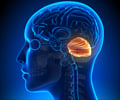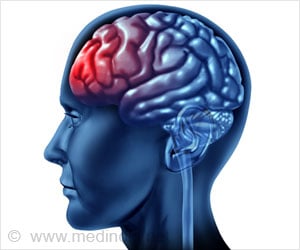Neurodegenerative diseases - including Parkinson's, Alzheimer's, Diffuse Lewy body disease, and Multiple System Arophy - are collectively called
Neurodegenerative diseases - including Parkinson's, Alzheimer's, Diffuse Lewy body disease, and Multiple System Arophy - are collectively called synucleinopathies. Most commonly they become symptomatic due to a deficiency of a specific neurotransmitter - in the case of Parkinson's it is dopamine. When the neurons that produce these chemicals die or become impaired, which occurs with oxidation, the eventual results are tremors and sometimes dementia.
New evidence links oxidative damage in a protein found in nerve cells to the development of degenerative diseases of the nervous system, such as Parkinson's and Alzheimer's disease.The first study to provide this evidence, conducted by University of Pennsylvania researchers, was published in the November 3, 2000, issue of Science.
The researchers said, "The protein, called alpha-synuclein, is one of the building blocks of the brain lesions characteristic in patients with neurodegenerative diseases. Oxidative damage, normally occurs when the body's cells are overwhelmed by molecules that have changed because they have combined with nitrogen (nitration) or oxygen (oxidation). Both types of oxidants damage lipids, nucleic acids, proteins, and other cellular components much like oxidation causes rust damage to metal in cars and buildings. This damage has been implicated in causing neurodegenerative disorders. Alpha-synuclein itself is a target of oxidative stress, specifically nitration, within these lesions. This is the first time anybody has identified nitration on a specific protein. Studies provide conclusive evidence of oxidative damage in alpha-synuclein, and that such stress may be a primary event leading to the onset and progression of neurodegenerative synucleinopathies, particularly Parkinson's. This may pave the way for developing therapies to stop or slow the oxidative damage, and thus slow or reverse the progression of these diseases."









